

Wageningen Food Safety Research (WFSR) (legal entity ‘Stichting Wageningen Research’, formerly known as ‘Stichting DLO’) is part of Wageningen University & Research that provides world-class expertise in agrofood research to students from >100 different nationalities. In 2016, Wageningen was ranked as the best university in the Netherlands for the twelfth time in a row. WFSR is part of the Graduate School VLAG [www.vlaggraduateschool.nl/ en.htm] and strongly connected to the Wageningen University research groups in analytical chemistry, organic chemistry, bionanotechnology, toxicology and food quality management through the joint appointments of Prof. Michel Nielen and Prof. Saskia van Ruth, thus ensuring swift transfer of both fundamental and applied expert knowledge to early stage researchers and staff members of WFSR. The institute is an innovative partner in food quality and safety research and specialized in method development, analyses and expert advice. Moreover, the ISO 17025 and ISO17043 (proficiency testing) accredited institute is also National and EU Reference Laboratory and heavily involved in national and EU monitoring plans.
WFSR has been coordinator and core-member of may EU and EFSA collaborative research projects; among others, WFSR currently coordinates the H2020 MSCA FoodSmartphone Innovative Training Network and participates in PhasmaFOOD. The former project explores the potential of biorecognition-based smartphone sensing, the latter project the potential of near infrared (NIR) and hyperspectral foodscanners, including smartphone models thereof.
.

Queen’s University Belfast has been ranked in the top 1% of universities in the world according to a new report by The Times World University Rankings by Subject (2015). Queen’s University Belfast is also a member of the Russell group – a group of 24 leading UK research intensive universities and has a UK gold standard for promoting the careers of women in science and engineering. For the UK research excellence framework of 2014 Queen’s University Belfast is ranked No.1 for Agriculture, Veterinary and Food sciences. The Institute for Global Food Security (IGFS) was developed from the UK’s first Institute of Agri-Food and Land Use founded in 2006. The mission of the IGFS is to nurture world’s leading scientist in food safety, and to build a food-fortress, ensuring everything we import is of the highest quality and that what we sell locally and internationally is also 100% safe, nutritious and authentic. IGFS is assembled of many experts with complementary expertise in the fields of Food Safety and Food Integrity, Human Nutrition and Health, Animal Health and Welfare, Parasitology, Plant and Soil Science, Climate Change, Invasive and Pest Species. The Institute provides a range of undergraduate and postgraduate programmes, in an interactive and creative learning environment. IGFS is also equipped with complete and high-end research facilities to conduct the cutting edge researches.

Vysoka skola chemicko-technologicka v Praze (UCT) is a public, internationally well recognized university performing education and scientific research activities in almost all branches of chemistry. The four Faculties of the UCT are accredited to provide three-year Bachelor programmes, two-year Master programmes and PhD programmes. The total enrolment at the UCT is about 3000 Master and Bachelor students and more than 800 PhD students. In addition, 3rd age university is attended by more than 200 students. The Department of Food Analysis and Nutrition is ISO 17025 accredited and performing analyses for the Food Inspection Authority of the Czech Republic. In addition to running accredited tests, activities also include (i) the development/application of novel analytical methods for control of emerging threats (target screening); (ii) development/application of non-target screening strategies, including metabolomic fingerprinting/profiling followed by chemometric data processing; (iii) investigation of chemical reactions in food and related matrices; (iv) analysis of novel bioactive components; environmental pollutants; residues, processing contaminants and natural toxicants. Special attention is given to food component interactions/breakdown that may result in changes of nutritional value and/or sensory properties. In recent years, interdisciplinary ‘omics’-based research aimed at the assessment of in vivo/in vitro effects induced, both beneficial and toxic, has been initiated as well.
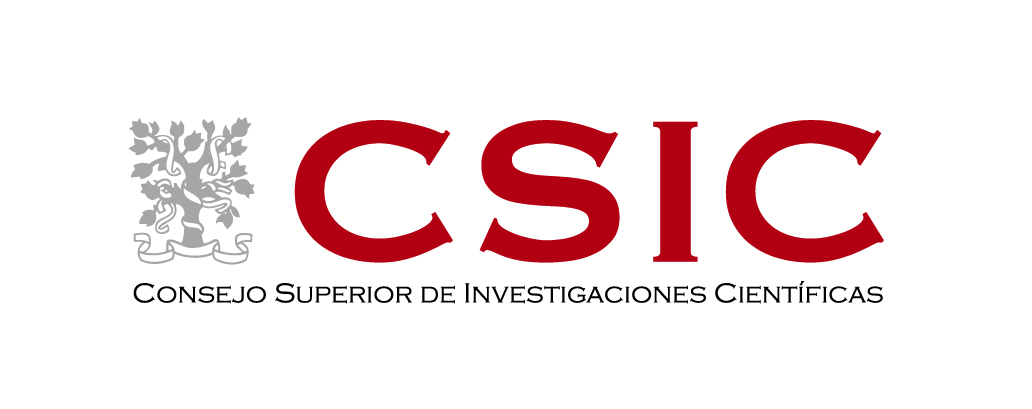
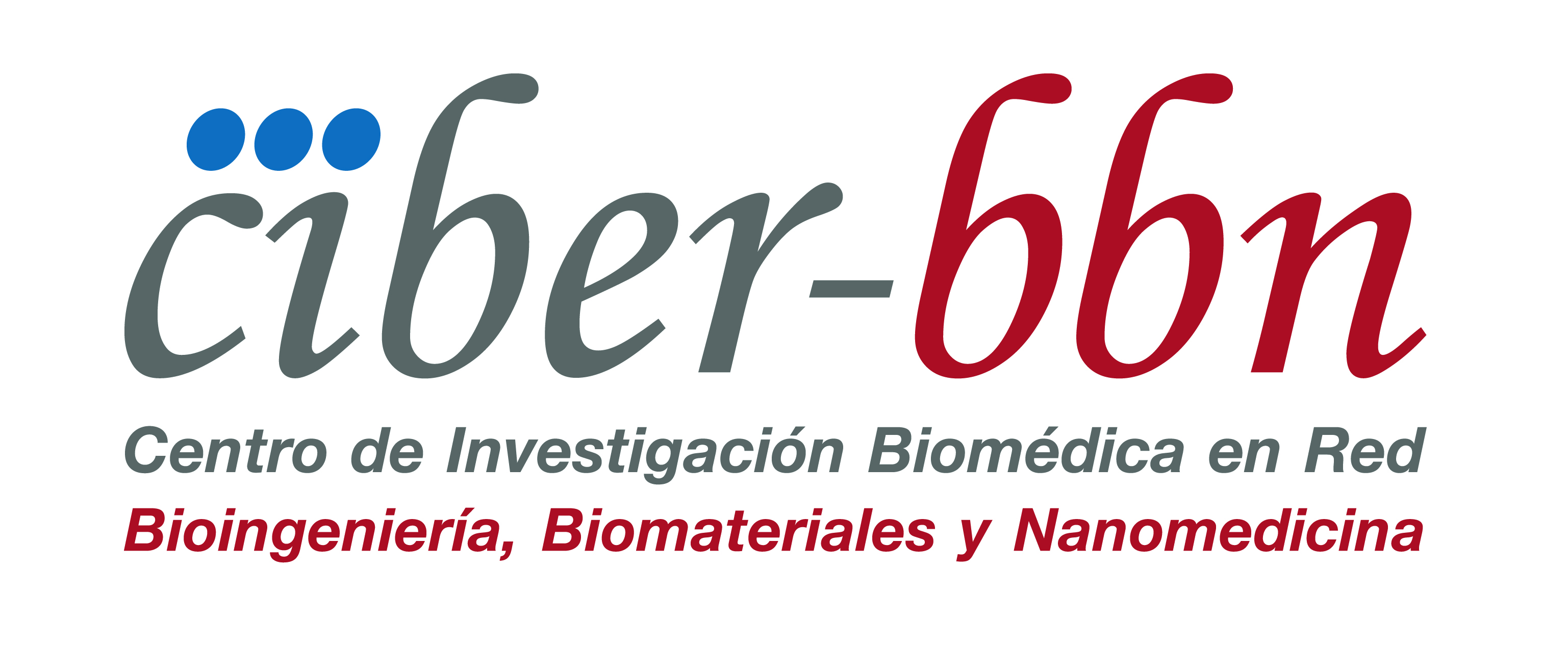
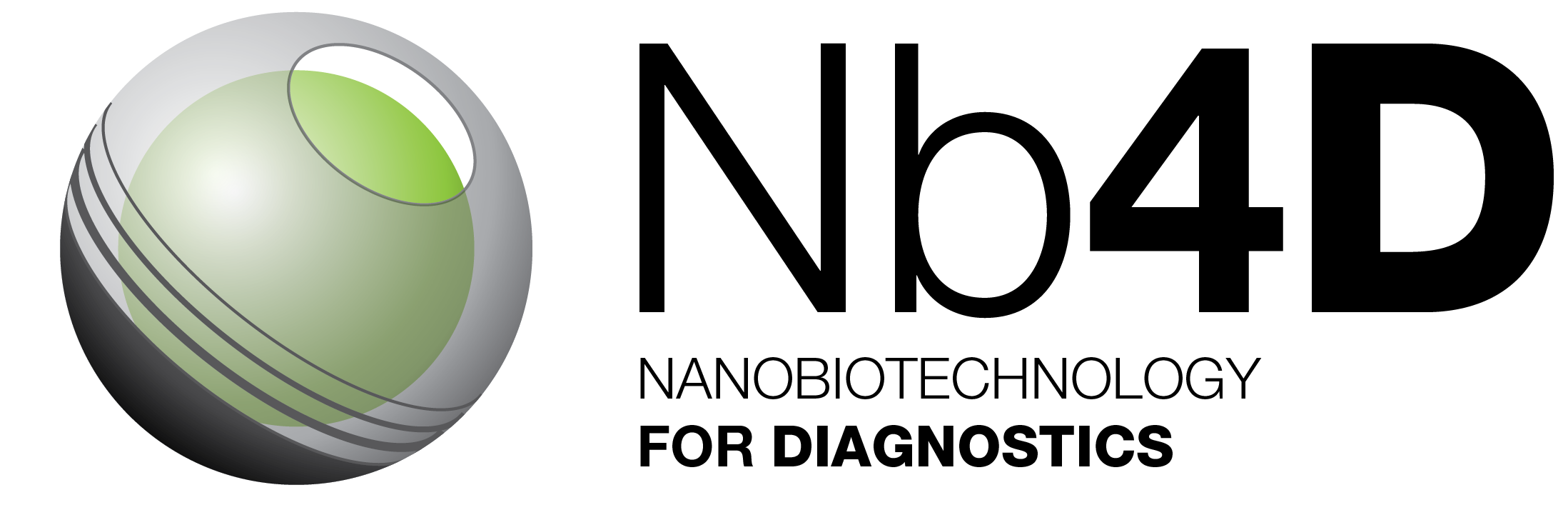
The Spanish National Research Council (CSIC) is the largest public institution dedicated to research in Spain and the third largest in Europe. Belonging to the Spanish Ministry of Economy and Competitiveness, its main objective is to develop and promote research that will help bring about scientific and technological progress, and it is prepared to collaborate with Spanish and foreign entities in order to achieve this aim. The Nanobiotechnology for Diagnostics (Nb4D) group at the Advanced Chemistry Institute of Catalonia (IQAC-CSIC) in Barcelona is focused on the development of biomolecular diagnostic tools, based on novel nanobiotechnological approaches. Research is divided into basic research (specific bioreceptors [i.e. antibodies], electrochemical and optical readout systems and functional biohybrid materials) and applied research (food safety and clinical diagnosis). Moreover the Nb4D group belongs to CIBER-BBN (Networking Biomedical Research Centre in Bioengineering, Biomaterials and Nanomedicine), as such, has access to all relevant technological facilities necessary for this type of research.

Linköping University (LiU) is Sweden's fifth largest university and counts with 27,300 students, 1,300 research students and 3,900 employees. The Optical Devices Laboratory (ODL) is at the Department of Physics, Chemistry and Biology (IFM) at LiU. IFM has around 400 employees including some 130 graduate students and guest researchers visiting us every year. ODL performs multidisciplinary research on optical chemical sensing methods and devices. One core subject of ODL is decentralized lab-on-a-chip (LOC) systems for consumer electronic devices, which entails activities in optical chemical sensing, integrated optical design, microfabrication and software development.
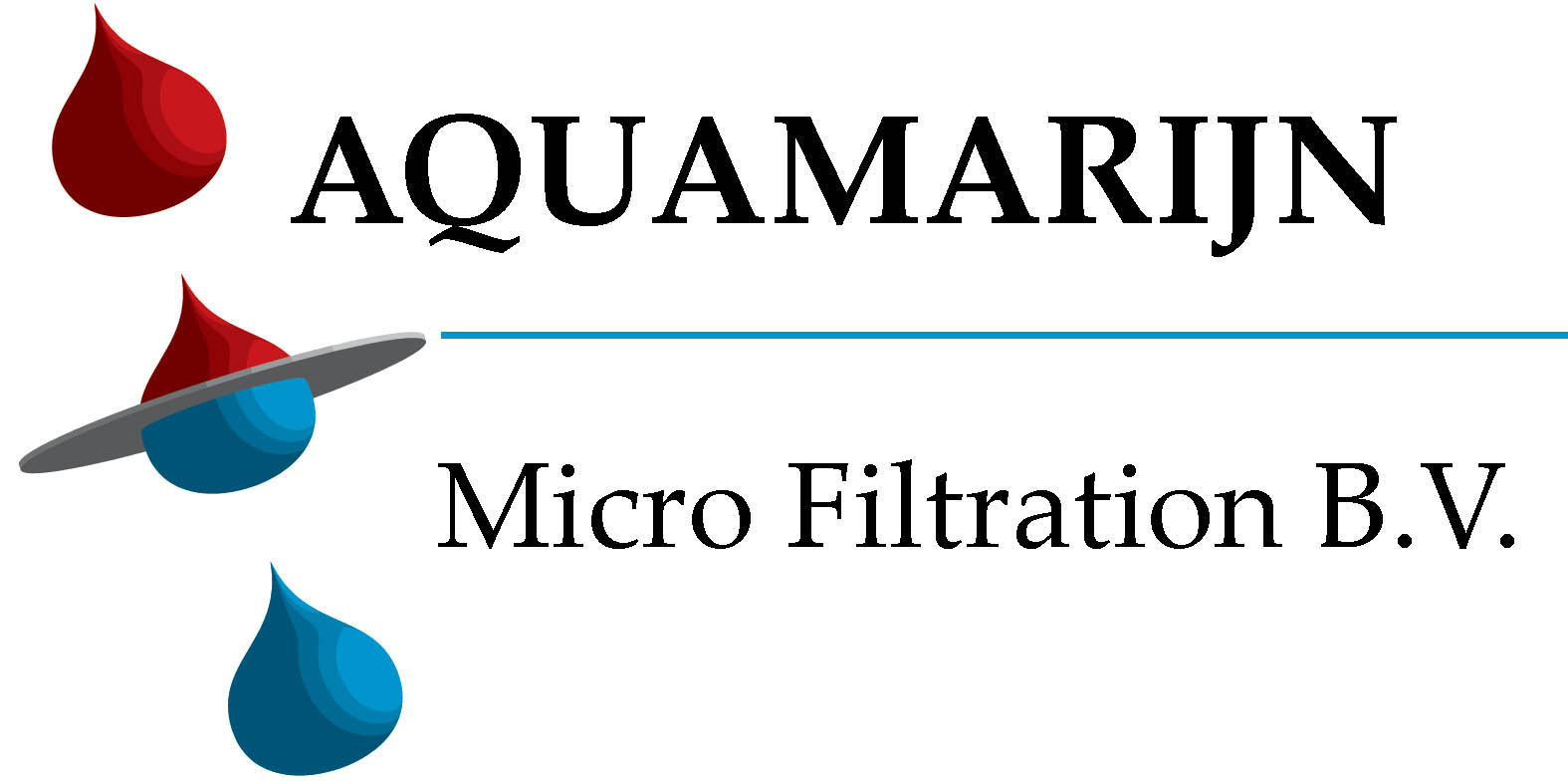
Aquamarijn Micro Filtration b.v. is a Dutch innovation SME which is engaged in developing micro filtration membranes based on semiconductor fabrication technology. These membranes open up a whole new area of filtration applications that have not been possible before: separation of cells or particles on size; low pressure filtration thereby minimising fouling rate and low internal membrane volume with virtual no protein loss during processing; trace enrichment of biological samples, including analytical on chip microscopy for the detection and counting of microorganisms.

CSEM is a nonprofit research and development center with the mission to help and enable industry to create wealth and jobs by realizing technological innovation, particularly in the fields of micro-, nano- and bio-technologies, as well as ICT and related systems engineering. Its geographical proximity to national and European industrial bases rich in small and medium size companies enables it to be exposed to, and familiar with, the needs of industry in general and of SMEs in particular. Through this mission, CSEM fulfills a role similar to those of the Fraunhofer institutes (Germany), CEA-LETI (France) and VTT (Finland), organizations which are also its strategic partners at a European level.
CSEM is committed to both applied and industry-commissioned R&D. A bridge and catalyst for the transfer of technology and know-how between science and the economy, we continually adapt our research focus to meet industry’s needs. And this constant re-adaptation has taken the center beyond its historic ties with watchmaking. Since Beta 1—the world’s first electronic watch (developed by CEH)—first paved the way for the use of microtechnology in domains other than horology, we have moved microtechnology into many new fields. Today, CSEM supplies a broad range of markets—including automotive, medical, machine tools, and space exploration—with an even broader range of technological solutions.
The research interests of the Microdiagnostics Group, part of the CSEM Division Landquart, focuses on the development of microsystems that combine microfluidics, microsensors and tissue engineering.
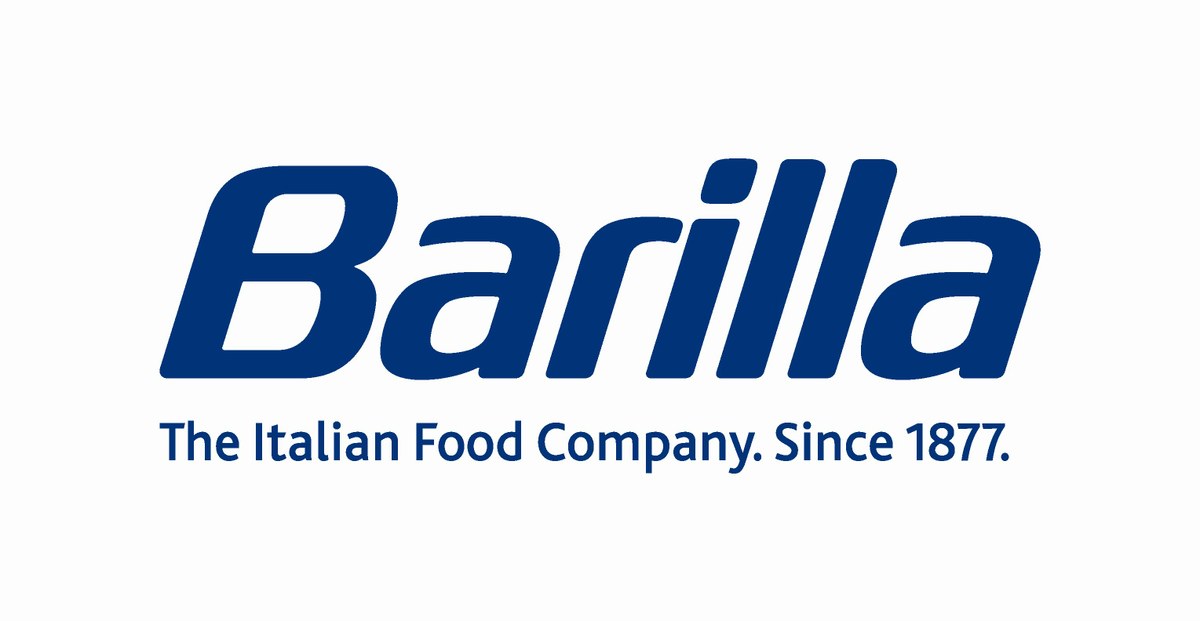
Barilla is the largest Italian food products group, bestselling brand of pasta in Italy and around the world, the largest producer of baked goods in Italy and the third largest in Europe. Barilla has more than 8.000 employees around the world and 30 production sites in 10 countries. Barilla is also the leader in pasta sauces in continental Europe. 2014 financial data: turnover - 3,254 million euro; 39 M€ investments in research and development activities on processes and products in 2014.

ZEULAB S.L. is a Spanish biotechnology company (SME) specialized in development, production and commercialization of in vitro diagnostics tests for food and environmental applications, activities for which the company is ISO 9001 certified.
ZEULAB was founded in 1995 as a spin-off from the University of Zaragoza. At present the company employs 25 people, more than 50% are graduates (10 with a doctorate). Nowadays its market is the world, the kits are commercialized in over 40 countries through partnerships with qualified distributors. ZEULAB exports more than the 70% of our production in America, Asia and Europe.
ZEULAB is a leader in the production and generation of tests for detection of antibiotic residues in food, detection of milk fraud, food allergens, detection of pathogens, among others. It hase also an exclusive line of tests to detect toxins in water and food.
 This project has received funding from the European Union’s Horizon 2020 research and innovation programme under the Marie Sklodowska-Curie grant agreement No 720325.
This project has received funding from the European Union’s Horizon 2020 research and innovation programme under the Marie Sklodowska-Curie grant agreement No 720325.

Copyright © 2017 - All Rights Reserved - FoodSmartphone
Template by OS Templates